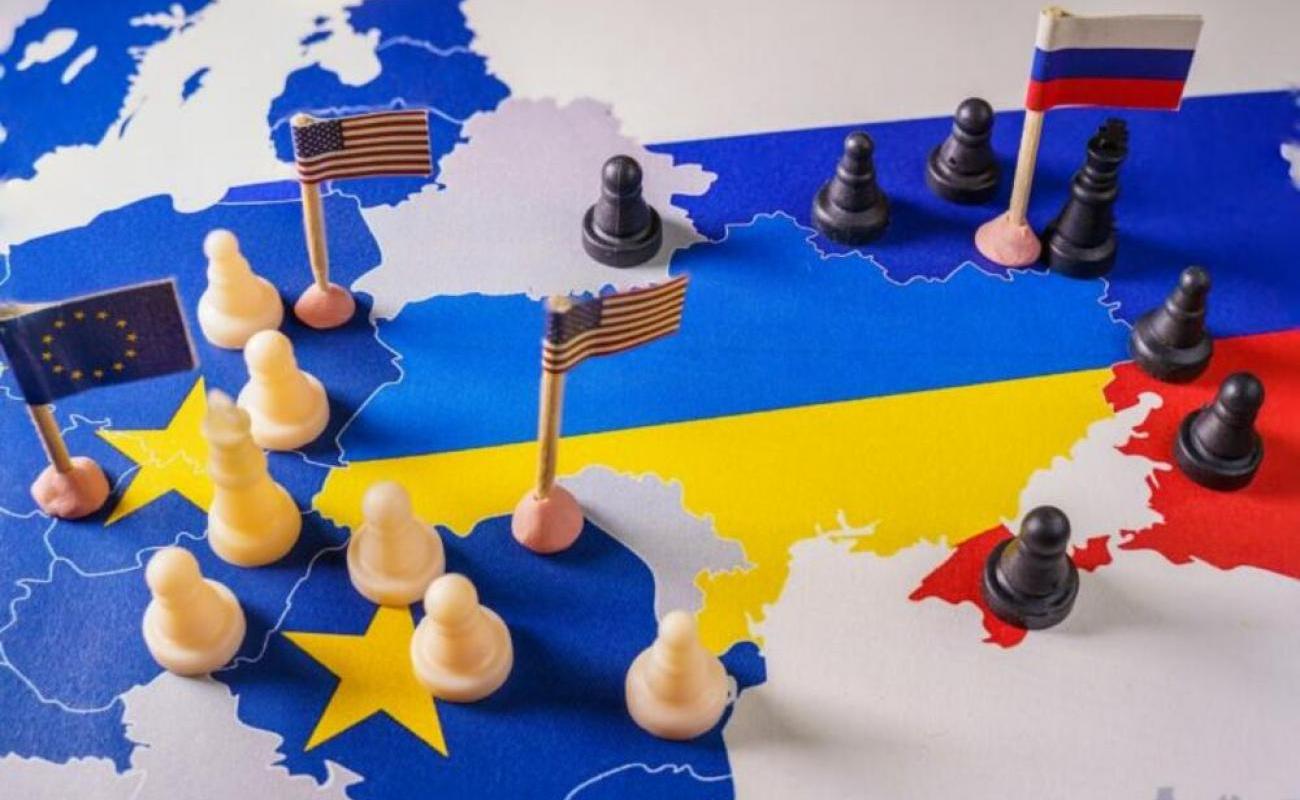Relations between Russia and the West at their worst ever
What is called the collective West is more or less united against Vladimir Putin. But geopolitics is a much more complex and complicated story in which many players are at work on all sides.

Russia and the West have never been so far apart in history. Even when Napoleon entered a burning Moscow or when Hitler's tanks were in its suburbs, there was always someone in the West who supported Russia against its ambitious conqueror. Because it was known that whoever conquered Russia would become the undisputed master of Europe. And therefore a threat to it as well. Now it is not so. What is called the collective West is more or less united against Vladimir Putin.
So unique that Russia was not invited to the celebration of the 80th anniversary of the liberation of Auschwitz. Although the concentration camp was liberated in January 1945 by the Red Army units. In which the vast majority were, of course, Russians. The Soviet Union bore the brunt of the defeat of Nazi Germany and paid for it with some twenty million dead soldiers and civilians.
Practically on the same day, the EU foreign ministers decided on a new package of economic sanctions against Moscow. It seemed that Hungary might break away from the general consensus, but Viktor Orban received last-minute guarantees from Brussels that they would put pressure on Ukraine. And that Kiev would still let Russian energy through its territory to Budapest and Bratislava. In addition, on Wednesday, Donald Trump threatened to use the weapons he uses against all other disobedient and uncooperative world players. He will impose sanctions and impose tariffs on them. Although, of course, it is not very clear what this would look like in the case of Russia, which already has US sanctions, and it is not even very clear what it is exporting to America in such a situation.
Basically, the West has really created a bloc towards Moscow. Which, admittedly, has a significant crack, but Hungary has not been an imperial power for a hundred years that could significantly influence geopolitical relations. Of course, Robert Fico is even less so, who, like Orban, dares to break away from European unanimity.
If Kamala Harris had won the US election, the Western policy towards Russia that we have been able to observe for the last four years would have continued. However, Trump is a different player. He is like some football fantasist for whom you never know whether his next long ball will be a genius move that no one could have predicted and which will solve the game. Or he will go somewhere to the stands that will laugh at him and mock him as a mere fog salesman.
However, if at least 50 percent of what is being circulated in the world media is accurate, one such ingenious long ball was the ceasefire between Israel and Hamas. It ended more than a year of mass killings of tens of thousands of Palestinians and enabled the release of Israeli hostages.
As for Ukraine, the game is still undecided.
Some indications that this conflict may soon be over have also appeared in well-informed Western media outlets. Some have even published analyses that the guns on the Ukrainian plains could fall silent even before this summer.
It would be a “win-win” outcome for both the West and Russia. Because when you look closely, it is clear to everyone that it would be the best for everyone. Russian space, energy and other raw materials on the one hand, Western technology and capital on the other, so obviously coincide and fit together that, looking superficially from the outside, it is completely unclear why this did not happen long ago after the Soviet Union collapsed and Moscow stopped exporting revolutions to the Third World.
Of course, this is an extremely simplified analysis. Geopolitics is a much more complex and complicated story in which many players operate on all sides, each with their own particular interests that most often boil down to extreme greed.
It's hard to say what would be better here. With Harris, we would know where we are - in an endless war against Russia that could last for decades. But without unpredictable moves that could push the world over the edge. Although, admittedly, he wasn't far off when Biden allowed Ukraine to use long-range American missiles. So perhaps it's questionable how predictable the situation would really be with Harris. But with Trump, it's completely unpredictable. But somehow it still gives hope that the war in Ukraine could end soon.
